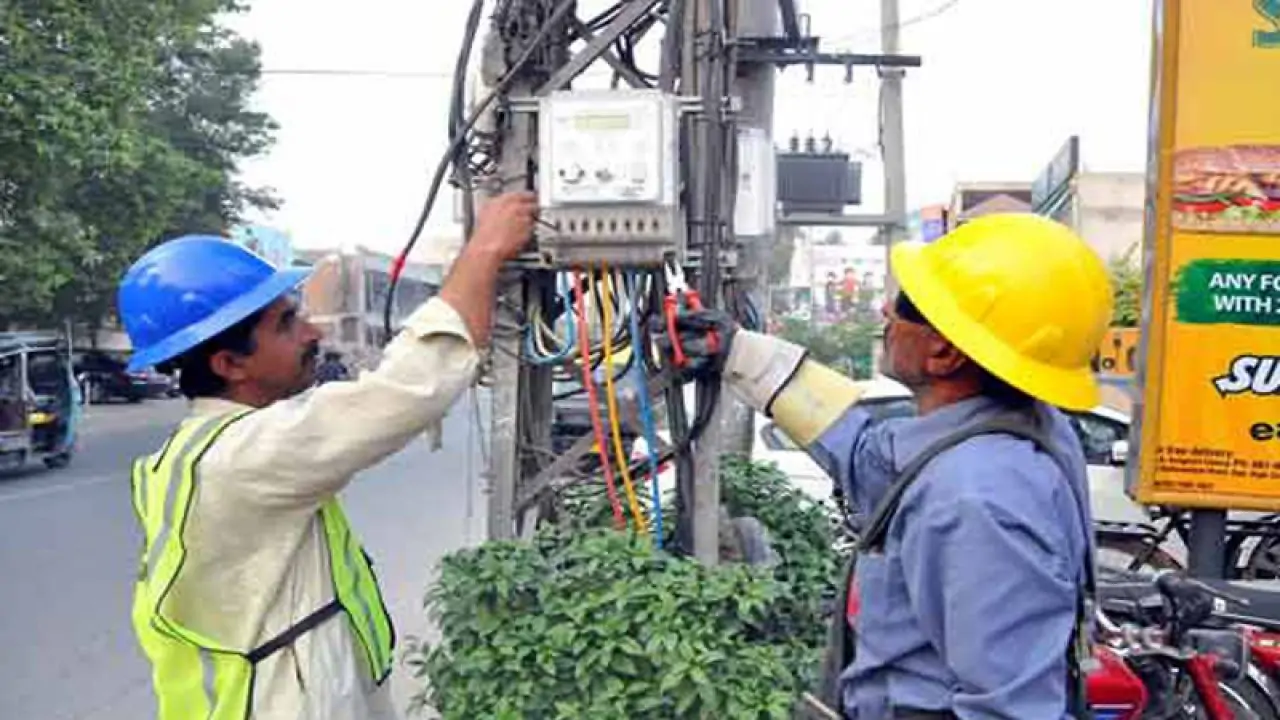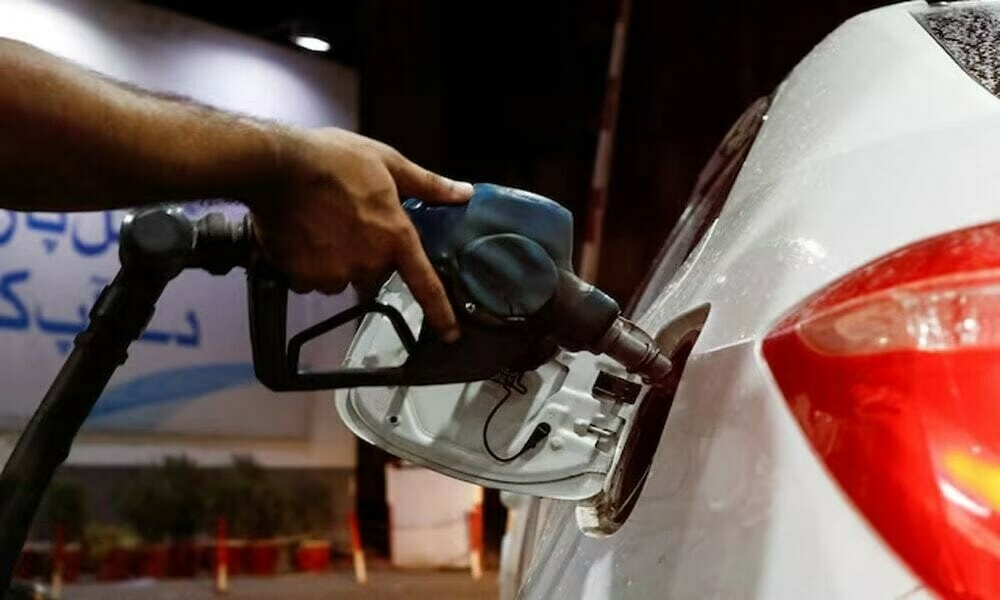Amidst Pakistan’s grappling with a severe cost of living crisis affecting a significant portion of its population, the International Monetary Fund (IMF) is pushing for an increase in basic electricity tariffs, citing it as essential to address the escalating circular debt.
Simultaneously, the IMF expresses dissatisfaction with the malfunctioning of the trace and track system (TTS), designed to combat tax evasion, emphasizing the imperative of enhancing revenue collection and broadening the tax base.
These demands surface as discussions commence between the two parties for a new IMF program, deemed crucial for Pakistan’s economic stability.
Subsidy cuts are a key aspect of the IMF’s proposed measures, aiming to cap the power sector’s circular debt at Rs2,300 billion and gradually implement subsidy reductions in the upcoming 2024-25 budget.
Approximately one-third of the total subsidy of Rs976 billion allocated for the current fiscal year had been extended by January 2024, according to IMF calculations. The IMF insists on ending subsidies, including Rs249 billion earmarked for tariff differentials and other categories, alongside a gradual reduction of Rs125 billion allocated for arrears and fines.
The IMF anticipates that these subsidy cuts will aid in maintaining the circular debt ceiling while emphasizing the importance of curbing power theft to achieve this objective.
However, the IMF’s emphasis on energy sector efficiency extends to its demand for the digitalization of all organizations involved.
In addition to energy sector reforms, the IMF is also critical of Pakistan’s failure to implement an effective trace and track system (TTS). Meetings between the IMF and top officials of the Federal Board of Revenue (FBR) highlighted concerns regarding tax structure and administration.
Prime Minister Shehbaz Sharif and Finance Minister Muhammad Aurangzeb have repeatedly emphasized the digitalization of the FBR as a top priority to combat leakages and corruption. Recent developments, including stern actions against officials allegedly involved in flawed TTS installations, reflect the government’s commitment to addressing these concerns.
The IMF has set a deadline for the implementation of the TTS in five key sectors, with full installation expected during the next financial year. Both parties have agreed to focus on expanding the tax base and combatting tax evasion, with plans underway to submit proposals to the IMF to address revenue shortfalls.



